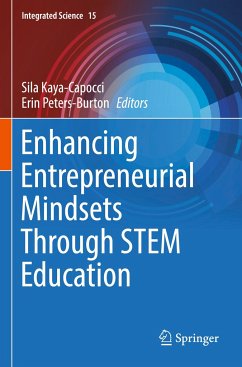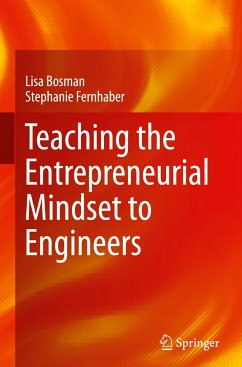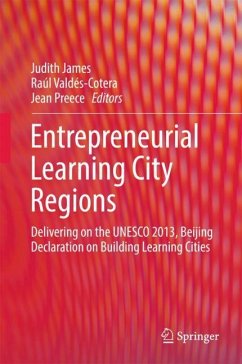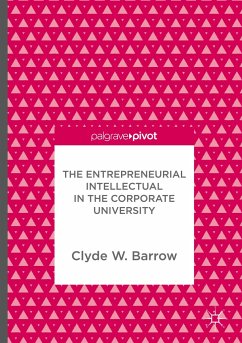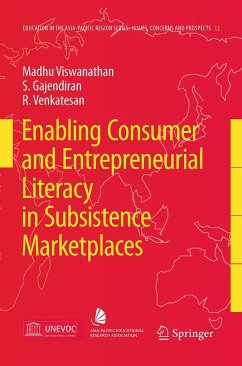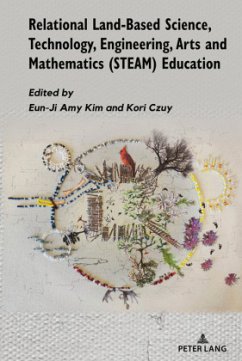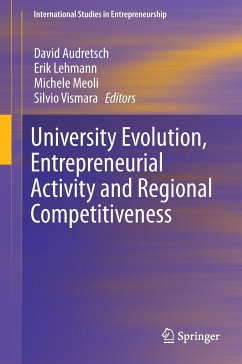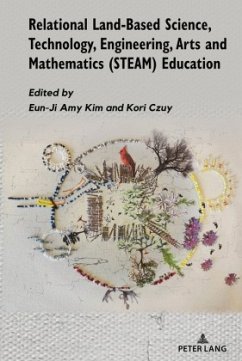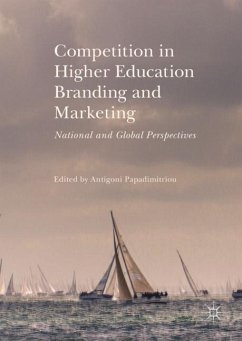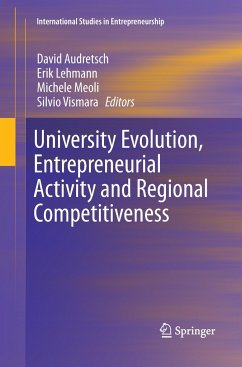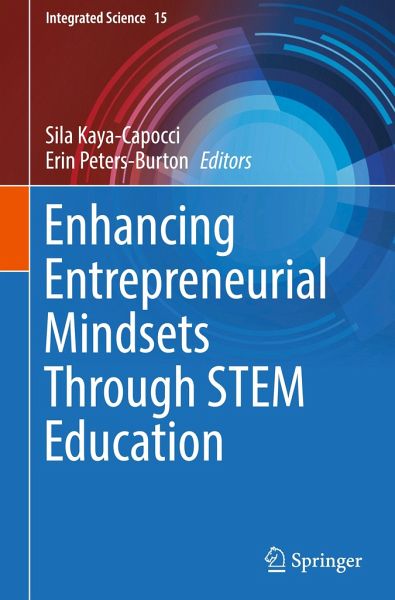
Enhancing Entrepreneurial Mindsets Through STEM Education

PAYBACK Punkte
83 °P sammeln!
Entrepreneurship is defined in different fields with definitions ranging from a specific perspective such as starting a business to a broader perspective such as a process of establishing new social, economic, environmental, institutional, cultural and/or scientific environments. There has been some movement toward entrepreneurship in STEM education through hackathons and makerspaces, but they tend to be limited to informal settings. In higher education, there seems to be a border line between business schools and education departments. This book aims to remove the borders between the Business...
Entrepreneurship is defined in different fields with definitions ranging from a specific perspective such as starting a business to a broader perspective such as a process of establishing new social, economic, environmental, institutional, cultural and/or scientific environments. There has been some movement toward entrepreneurship in STEM education through hackathons and makerspaces, but they tend to be limited to informal settings. In higher education, there seems to be a border line between business schools and education departments. This book aims to remove the borders between the Business Schools and the Department of Education and help Business Schools to develop their educational practices further and help Education Departments to develop their knowledge of entrepreneurship from its formal discipline.
The purpose of this book is to bring together experts from STEM education and the formal discipline of entrepreneurship to explore the role of STEM ineveryday life throughan entrepreneurial lens and show how this integration can broaden STEM education practices.
The purpose of this book is to bring together experts from STEM education and the formal discipline of entrepreneurship to explore the role of STEM ineveryday life throughan entrepreneurial lens and show how this integration can broaden STEM education practices.





